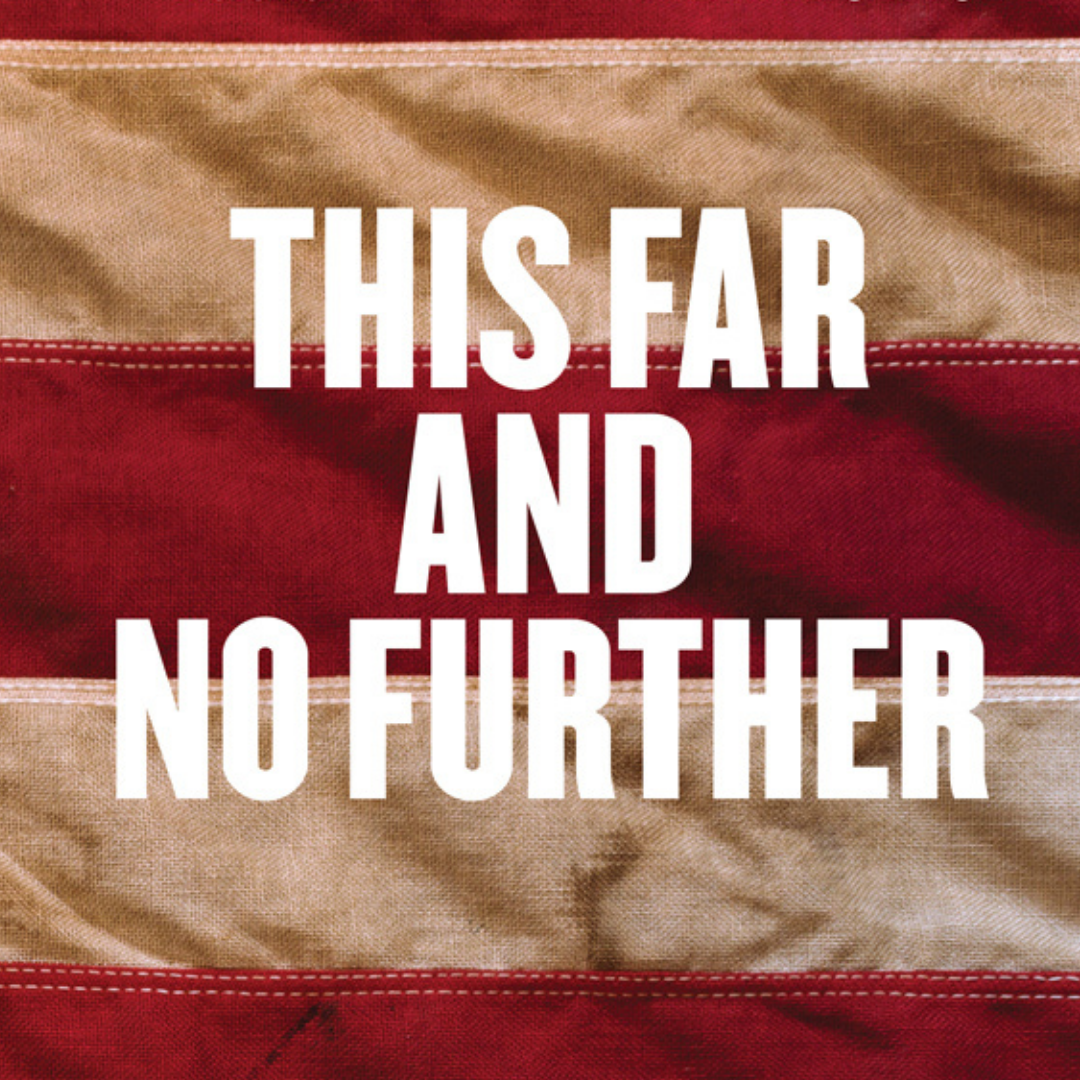

Ordinary images can tell extraordinary stories. Photographer and author, William Abranowicz, sits down in conversation with historian and academic, Dr. Bernard Powers, to discuss Abranowicz’ recent book and project, This Far and No Further: Photographs Inspired by the Voting Rights Movement. The two will bring history that is integral to understanding present-day America to the forefront through images that viewers can see and relate to on the simplest of levels. The stories that come with the book’s images and conversations are what we must truly see as living American history.
Tickets for this event are $10 for CLS members and $15 for guests.
To purchase your ticket, call 843-723-9912 or click here.
About the Book:
Standing on the Edmund Pettus Bridge in Selma, Alabama, in 2017, photographer William Abranowicz was struck by the weight of historical memory at this hallowed site of one of the civil rights movement’s defining episodes: 1965’s “Bloody Sunday,” when Alabama police officers attacked peaceful marchers. To Abranowicz’s eye, Selma seemed relatively unchanged from its appearance in the photographs Walker Evans made there in the 1930s. That, coupled with an awareness of renewed voter suppression efforts at state and federal levels, inspired Abranowicz to explore the living legacy of the civil and voting rights movement through photographing locations, landscapes, and individuals associated with the struggle, from Rosa Parks and Harry Belafonte to the barn where Emmett Till was murdered.
The result is This Far and No Further, a collection of photographs from Abranowicz’s journey through the American South. Through symbolism, metaphor, and history, he unearths extraordinary stories of brutality, heroism, sacrifice, and redemption hidden within ordinary American landscapes, underscoring the crucial necessity of defending—and exercising—our right to vote at this tenuous moment for American democracy.
About the Author:
William Abranowicz is a photographer whose work has been acquired by the National Portrait Galleries of the United States and United Kingdom, the Getty, and the Metropolitan Museum of Art, among other collections. A long-standing contributing photographer to Condé Nast Traveler, he is the author of five books, most recently American Originals: Creative Interiors.
About the Interlocutor:
BERNARD E. POWERS JR. earned M.A. and Ph.D. degrees in American history at Northwestern University and in 2018 retired as professor emeritus of history at the College of Charleston. Currently Powers is the founding director of the College of Charleston’s Center for the Study of Slavery in Charleston. He has presented papers at conferences and reviewed books and manuscripts for journals and presses. His work appears in book chapters and in scholarly and popular periodicals. He edited the 1999 ASALH Black History Month Kit entitled “The Legacy of African American Leadership for the Present and the Future.” His article “Community Evolution and Race Relations in Reconstruction Charleston, S.C.” was included in the Century of Excellence Centennial Volume 1900-2000 of The South Carolina Historical Magazine (July,2000). A recent book chapter is “Churches as Places of History: The Case of Nineteenth Century Charleston, South Carolina,” in Interpreting African American History and Culture at Museums and Historic Sites (2015). Powers is the author of Black Charlestonians: A Social History 1822-1885, (1994) a Choice Magazine Outstanding Academic Book for 1995. He was an associate editor of the Encyclopedia of South Carolina (2006). Most recently he co-authored We Are Charleston: Tragedy and Triumph at Mother Emanuel(2016). His current research examines African Methodism in South Carolina. Bernard Powers has appeared in documentary films, including recently the PBS production, “African Americans: Many Rivers to Cross” and “Emanuel: the Untold Story of the Victims and Survivors of the Charleston Church Shooting.” Powers has been extensively involved in public history and has served as a consultant for historic sites. He is the founding past president of the Charleston Branch of ASALH. He was also president of the South Carolina Historical Association and of the Advisory Board of the Avery Research Center for African American History and Culture. He is an emeritus trustee of the Historic Charleston Foundation and a former member of the City of Charleston Tourism Commission.